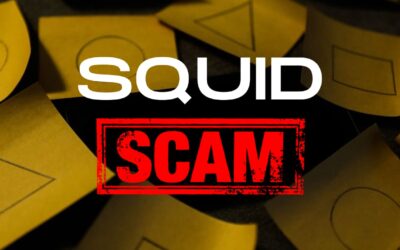Following the rise in popularity of Non Fungible Tokens(NFTs), segments of the real estate sector have taken notice and are in the early adoption stages and exploration of buying and selling homes using NFTs. Apart from purchasing digital art and collectibles, people have taken an interest in purchasing the property. Currently, NFTs are primarily used for trading digital assets, but can also be used to represent ownership rights to physical assets. This feature would be implemented in the real estate sector via minting deeds to homes or tying contracts of fractional ownership or debt on a property to an NFT. Owners could sell parts of their property to multiple small investors and investors could receive income or even split profit on capital appreciation.
Incorporating NFTs in real estate would subtract the middle man, helping people unlock equity without moving or borrowing. NFT holders could receive payment via blockchain in proportion to what they lend out. The founder of TechCrunch had listed his apartment for sale in Ukraine in the form of an NFT via Propy. Propy provided a form to all sellers looking to link their property to NFTs. A real estate developer, Prometheus was able to auction his property for over $93,000.
New York based Compass agent, Jason Haber, noted his skepticism of the concept, stating, “Utility is the key for NFTs, being able to convey ownership of something through a transfer of the NFT. Where we’re at now is that we’ll transfer the NFT, but also do the steps [involved in a traditional home sale]. So where’s the utility of the NFT besides, ‘That’s a really cool novelty?”
Apart from a potential utility, the primary concern regarding NFT property transactions is adherence to legal ownership of a property through traditional channels because most countries and states won’t be able to adapt existing laws. There will have to be a need to establish instructions on how to buy an NFT or create an NFT for property purchases. Therefore, most municipalities would have to refuse NFT deeds. Additionally, there exist potential issues such as who is the actual recipient of a given transaction, necessitating agencies to develop Know Your Customer (KYC) protocols to avoid selling or buying property to an unknown entity. Despite these concerns, widespread adoption would prove innovative, as NFTs allow for crypto mortgages. NFT holders could then participate in liquidity pools and create a secure, decentralized marketplace.
Expected Pros of real Estate NFTs
- The use of blockchain technology would nullify the role of the middle man in property transfer.
- Over a period people can use tokens to purchase properties along with playing online games.
- Easier lending and borrowing will be possible with the use of tokens.
Possible disadvantages
- Issues with syncing laws to the blockchain technology
- Legal ownership and processes can be prolonged in property transfer
- Collection of debt would become an issue in the case of NFTs if the borrower fell into default.
For buyers and sellers, there are more concerns regarding the selling of real estate NFTs, such as the tax payment. As put by some experts, the entire process of selling property using NFTs or buying them could lead to higher tax bills. Crypto enthusiasts are trying to make this work for the people as NFT purchased property would mean closing the title the standard way along with closing it on the blockchain. There is still work going on to make NFT home purchases an easier and more efficient solution for buyers, preferable, a touch away for users. This would mean that local law bodies recognize and certify the title.










